Decades ago, how did society react to the strange phenomenon of magical girls? It took a few Solstice cycles to understand the biology behind it. Before the science was settled on 7G-cellular technology being the result of our transformations, magical girls were taken as any number of strange pseudoscientific and pseudospiritual anomalies. We were regarded as everything from a warning sign of the apocalypse, to a spiritual gift given by humanity from the gods ushering in the next stage of our evolution. Before they (err…we?) were properly understood, the idea of magical girls drove people into hysteria. A lot of insane death threats and marriage proposals were given to them, a truly human combination. Magical girls decades ago were the target of well, everything. Simultaneously the unintentional jewel of humanity’s scientific achievements and the fanatically-accused boogeyman for all of its sins and decadence. After a few years, things were eventually organized to create a safe space, so to speak, for magical girls to be protected and studied for post-flatline reintegration into society. And, what was that role?
You guessed it. pop culture fandom.
You see, shortly after being clustered together in government-subsidized corporate housing (voluntary living for the girls in exchange for their participation in training and experimental programs), it was soon discovered that magical girls develop an innate talent for music and performance after our transformations. The first ever public magical girl “performance” took place on a public holiday television special, where magical girls sang the Los Cosmopilas city anthem over digital broadcast. Audiences fell in love with the girls’ performance and aesthetic, and gradually more and more groups of magical girls (known in the community as “MGIGs”—magical girl idol groups) sprang up to sing and entertain the masses from the hyper-secure comfort of government-subsidized training facilities and elite talent agencies, which were turning magical girls into quite the big business. As the general societal attitude towards magical girls changed from being some sort of divine woo-woo to more or less superpowered pop stars, more and more magical girls each Solstice were pressured into leaving their families and joining the seclusion of the now-centralized training facility built for magical girls right here in south-central Los Cosmopilas, the Asphalt Castle.
This was the pipeline I went into after going magical, and it left me with both physical and emotional markings that I would think about every day while trying to make a name for myself as an independent musician. After getting dressed every day I would walk over to the computer I had in my room, where I compose my music but more generally waste away a lot of time on frivolous internet bullshit, of which I am a certified connoisseur memelord. More seriously, I would check my emails every day before heading to work. I was trying so hard to get a label for my music, but there was zero interest from any labels save for the occasional recognition of my former life as a pop idol. That Friday morning I was greeted with another inbox populated by only a few automated bullshit messages, product ads, mailing lists, and no responses from any of the music labels I’d been trying to contact or any of the music jobs I’d applied to. Six seconds to see if anything I’m interested in pans out for the day? Nothing. Six hours of making smoothies for the service industry immediately after? Oui.
I swiveled my chair around and gazed around my dark room, returning my gaze to the MOONBEAM poster. Me and my idolmates were known to countless thousands of fans by our cool and exciting magical girl names: “Moonbeam,” “Belle,” and “Farside.” But to me, we were just Ellery, Bailey, and Tiffany, three girls who spent our would’ve-been high school years together, long ago before inevitably going our separate ways. Bailey had become a pretty successful streamer and influencer on social media, and Tiffany went off to an elite business college away from Los Cosmopilas and back at her home in the Northeast. And then there was me, Ellery, the former pop idol now getting ready for another dayshift at the smoothie shop.
I fastened my hoodie, grabbed my headphones and vape pen, and headed out to work like any other Friday. But this wasn’t going to be any normal Friday; the events occurring today would necessitate my return to the magical girl industry that had eaten me up and spit me out. And, as it turned out, the outcomes of my return would rock this industry back to its frillily-dressed, sparkly little core.

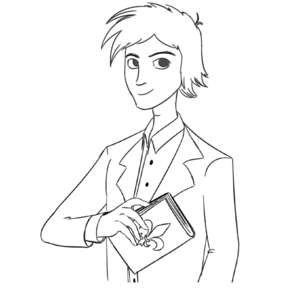

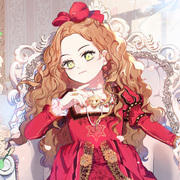
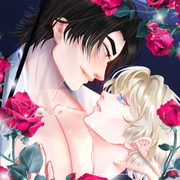
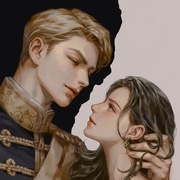
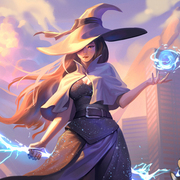
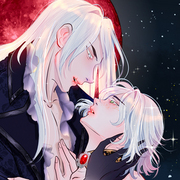
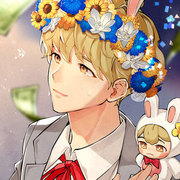

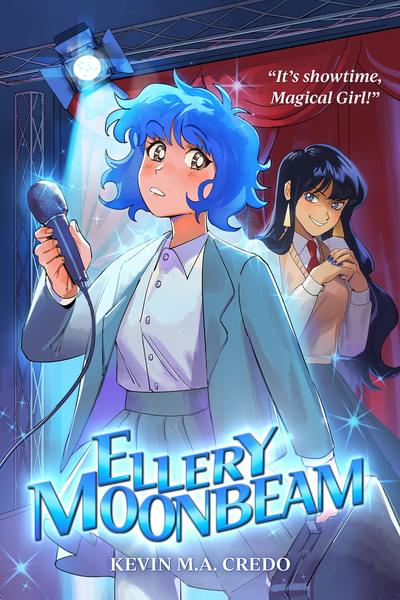
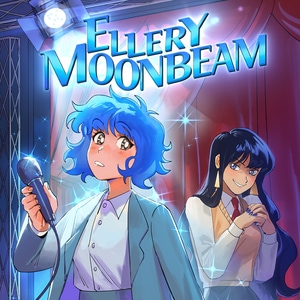
Comments (2)
See all